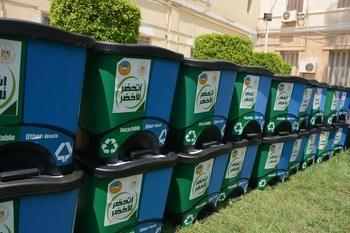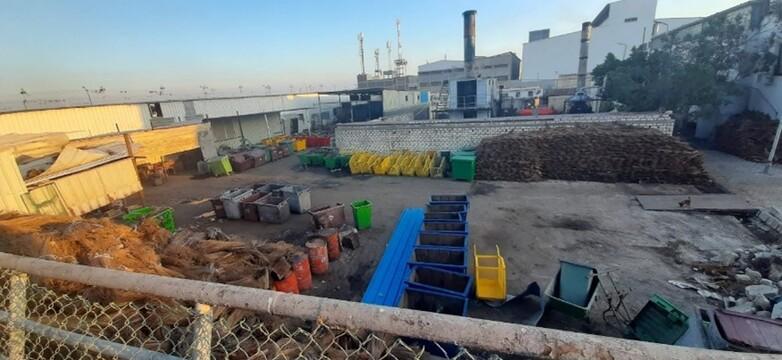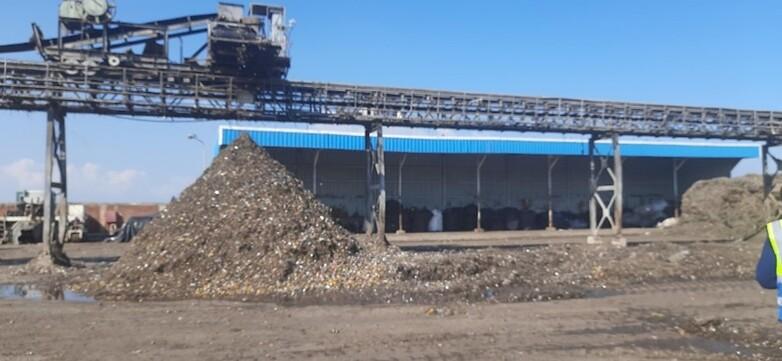Context
With approximately 102 million inhabitants, Egypt is the most densely populated country in the Middle East and one of the highest populated countries in Africa. It generates 100 million tonnes of waste per year (including 20.7 million tonnes of municipal waste). However, the level of waste collection varies between 40 to 85 per cent in urban areas and 0–35 per cent in rural areas.
The government has clearly positioned this issue as a political priority, among other things by passing the waste management law (202/2020). Its reform process aims at establishing a climate-sensitive waste management system and transforming to a circular economy. The Waste Management Regulatory Authority (WMRA) has been set up to implement sectoral strategies and most of the relevant strategies are already in place. However, there is still a certain lack of institutional and personnel capabilities for successful implementation, as well as a lack of coherent regulations to stimulate “green” private sector investment.
Objective
State institutions, private companies and non-governmental organisations have stepped up their efforts to promote a climate-friendly waste management and circular economy in Egypt.



